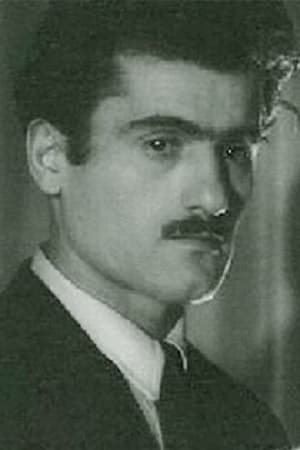
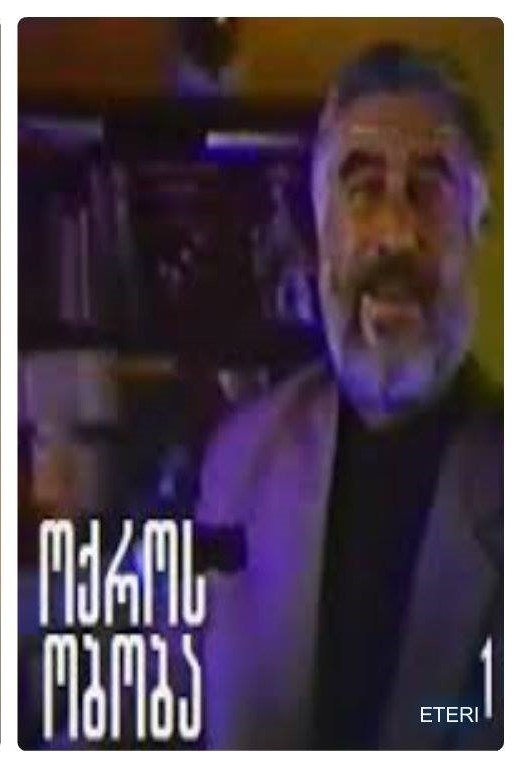
Investigating a daring robbery of a jewelry store, the investigative team of Colonel Ivan Georgadze uncovers strange connections between this crime and a case from the 1960s.
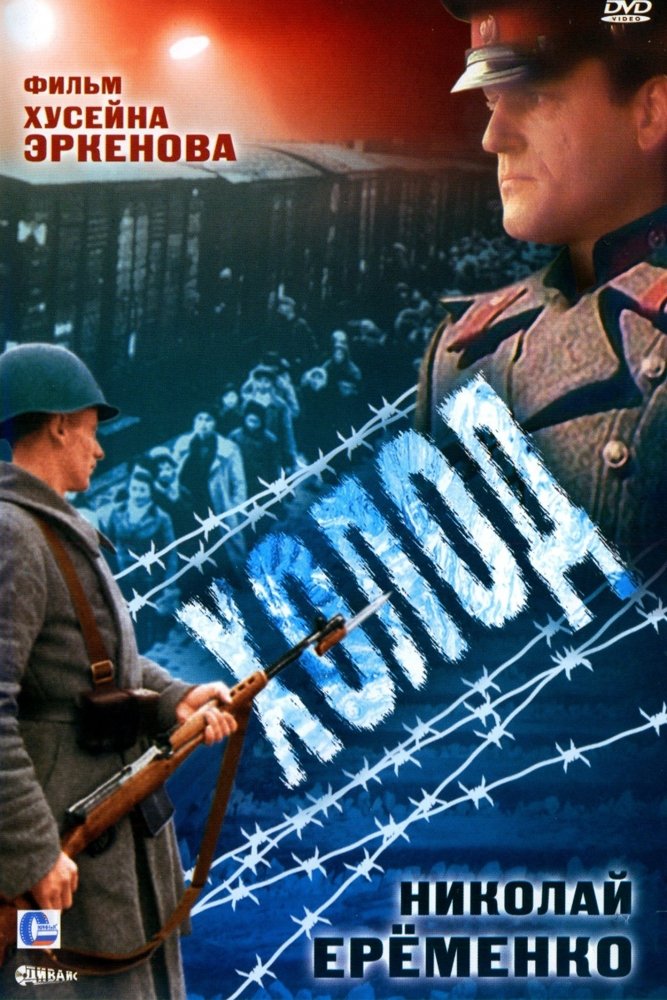
Follows the deportation of Karachays, which took place at the end of World War II. The film's director, himself a Karachay, tried to convey the experiences of people, life and culture, considering it important to make people realize what that did to him and his people.
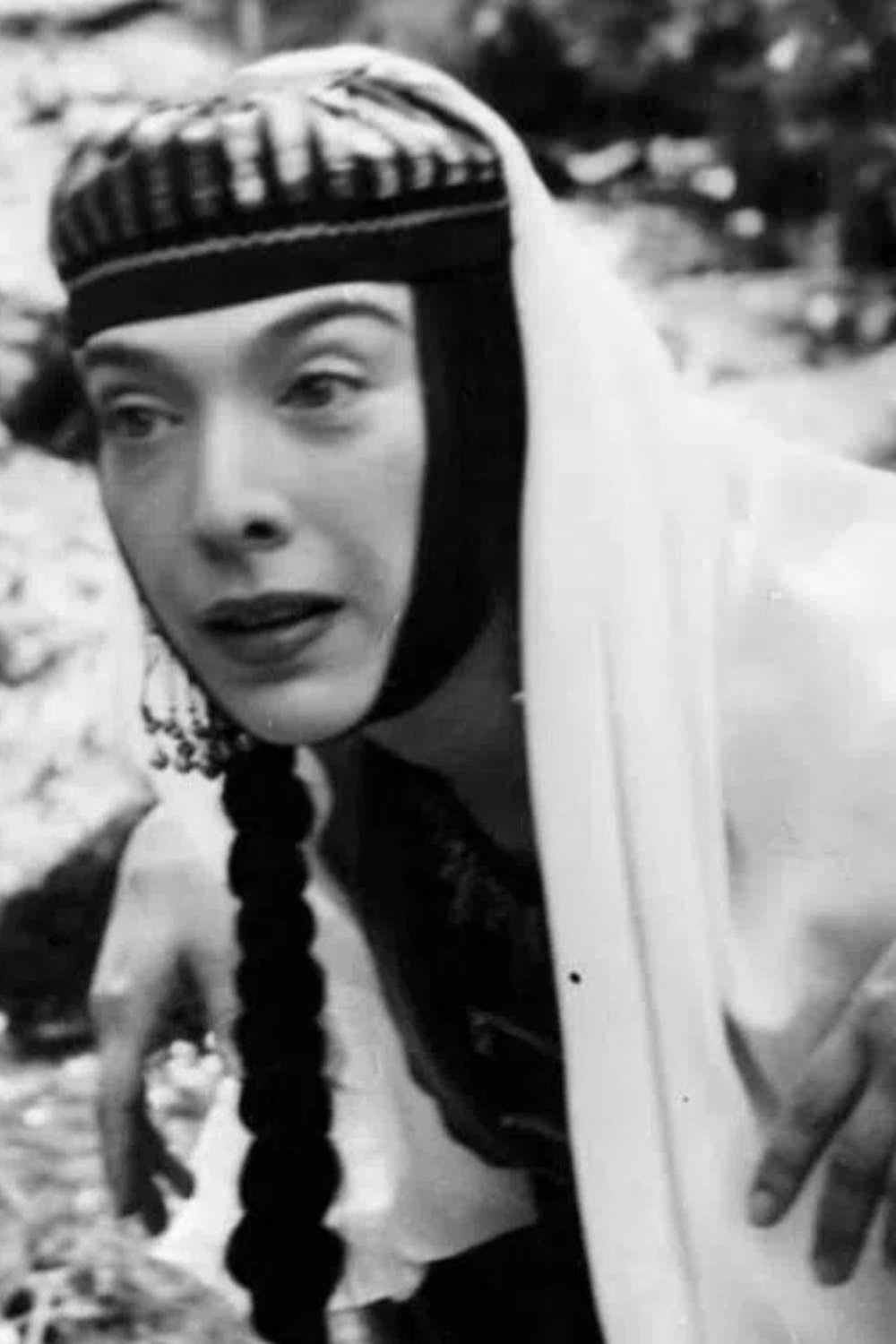
A fellow villager takes away Bakha's fiancée. In order to seek revenge, Bakha asks the Kists for help. The Bakha community decides to cut off the village due to its connection with the Urzhuls.
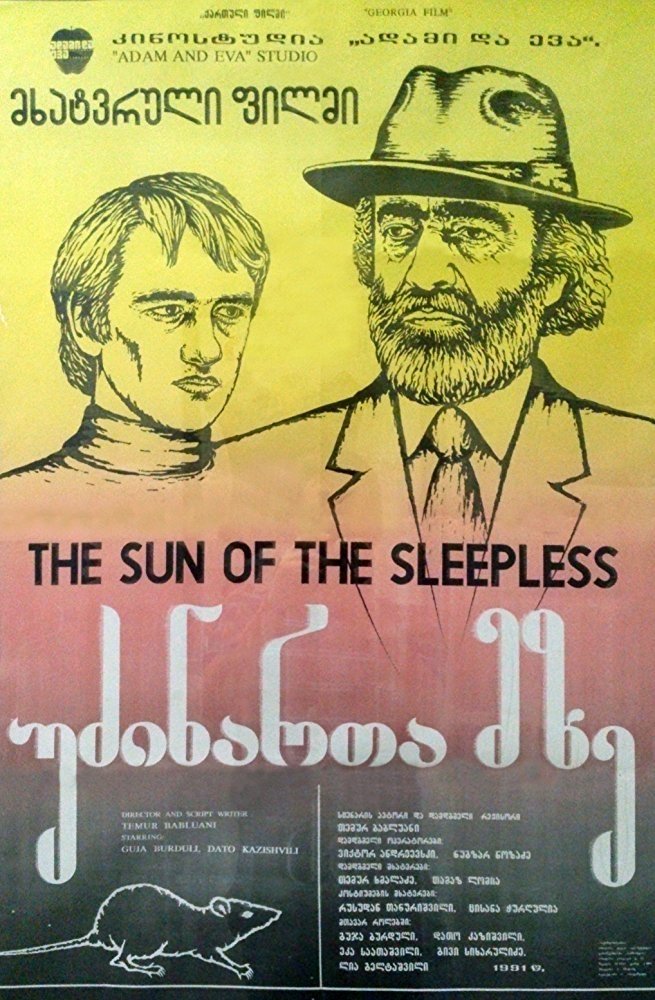
The director dedicated this lyrical, epic film-confession to the memory of his father who was a doctor. The film’s protagonist, an ambulance doctor, conducts dangerous experiments in search of a vitally important vaccine. His wife believes in his work, though his daughter would not understand him. His son, who is absolutely unlike his father in character, is trying to protect him. But self-denial in the name of science proves too high a price. Just when he is on the verge of discovery, the doctor loses everything he has gathered as a result of his twenty-year-long work. This loss brings him even closer to his son. The shooting of the film continued for seven years (1985-1992), making it a metaphorical culmination of the Soviet cinematography and the Soviet way of life as a whole.
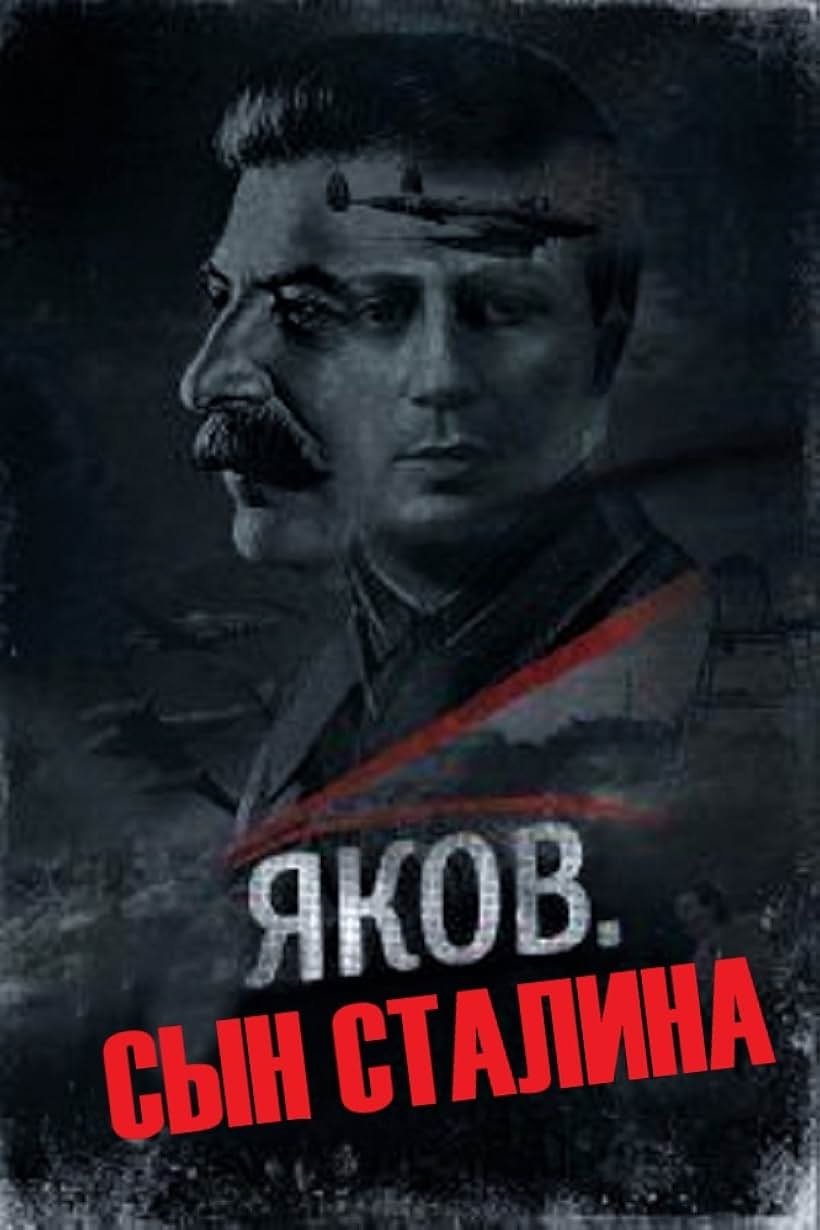
The film depicts episodes of Iakob Dzhugashvili's life in a German concentration camp and his heroic death.

A man, who becomes mistaken for his brother who was immigrating to Israel from USSR, finds himself caught up in the middle of a bureaucratic mess when he realizes that if he tells the truth about who he is, he will go to jail and his brother's family will never be allowed to leave the USSR. He therefore assumes his brother's identity to get to Israel hoping his distant uncle living there will help him out. The plan backfires, however, when he realizes that the uncle is a paranoid lunatic thinking the KGB is out to get him. He becomes stranded in Israel with no friends, no money, and no passport, trying to figure out a way to get back home.
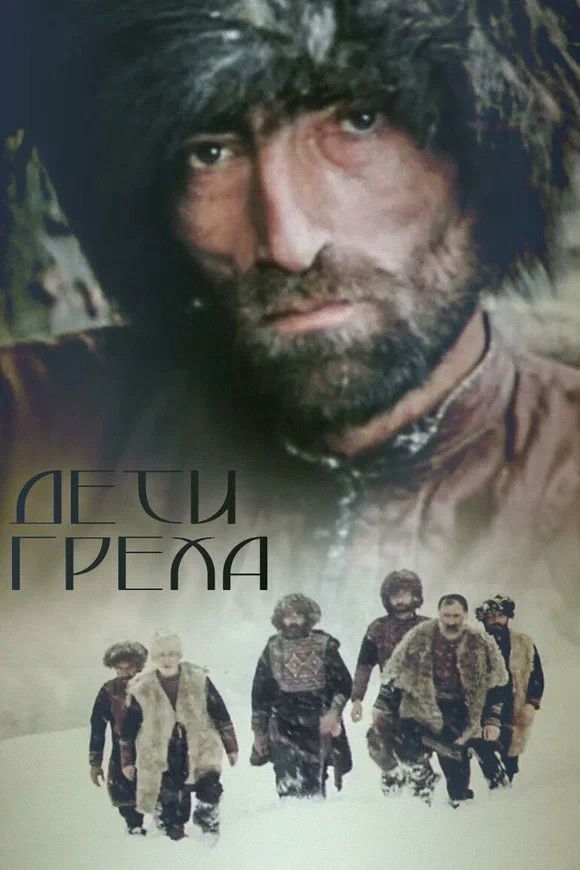
A man prays in a forest to mourn over the recent death of his wife. He is kidnapped by an enemy tribe, leaving his children completely alone. The enemy tribesmen demand payment for his release. Will the man live?
Leo Pilpani is an actor, known for Jvartsmuli kundzuli (1968), Tsiskara (1955) and Data Tutashkhia (1977).
By browsing this website, you accept our cookies policy.